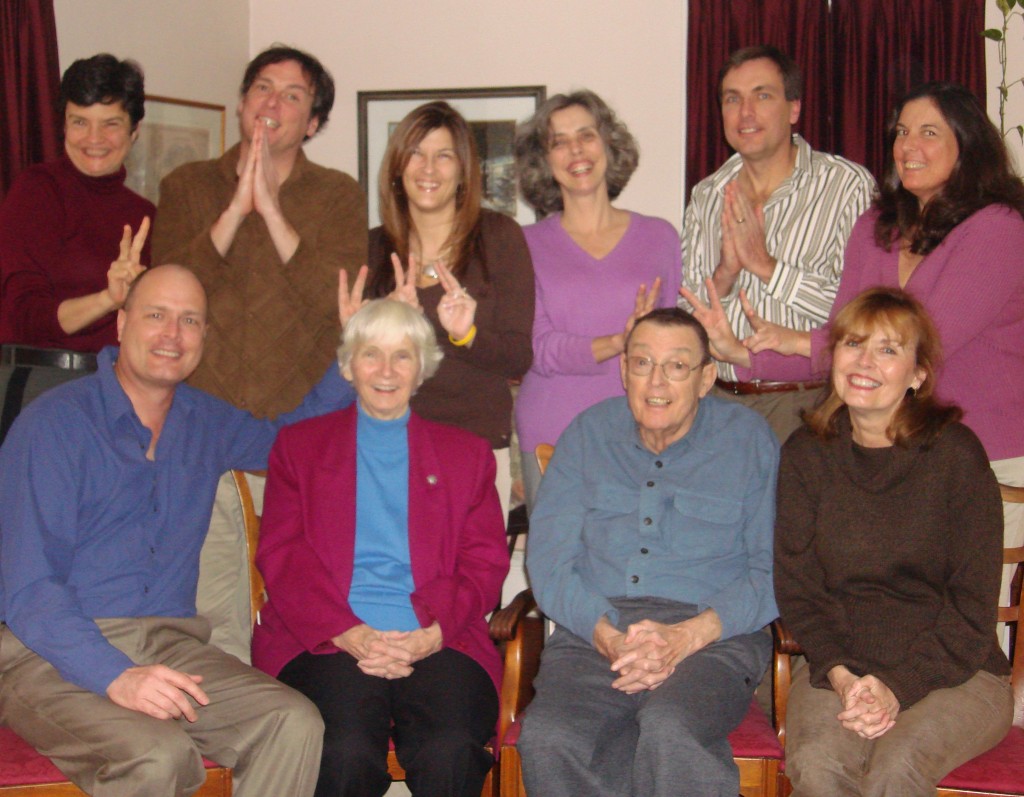I come from a big family — eight kids. We’re all adults now, with our own families and our own holiday traditions. But no matter how old you are, the traditions you grew up with are an important part of who you are. And so, if something interferes with the way things always were, it can be very unsettling.
In our family, we celebrate Christmas. You can just imagine the chaos on Christmas morning when we were growing up.
There were rules, of course. No presents until after church, for instance. Church has always been important to my mother. For many years, she brought communion to people unable to leave their homes. But now, my mother has Alzheimer’s disease and someone brings her communion because she can’t attend church anymore.
At Christmas, my mother used to spend a lot of time and effort shopping for gifts, first for us, and then for her grandchildren. At some point, she decided it would be easier to send everyone some money in a card. She had a heap of cards to send, and I don’t know how she ever managed, especially as more grandchildren and then great grandchildren came along. No cards were sent the year we realized she had Alzheimer’s. Like the bills she could no longer keep straight, sending cards was too confusing. Now, I do it for her or rather, we do it together, which means I buy the cards, make out the checks and address the envelopes. She approves each card (I buy extras just in case) and signs them in handwriting that isn’t nearly as graceful as it used to be.
On Christmas Day she says she’d rather stay home alone than be with family. We’ve learned not to take it personally. In fact, we’ve learned a great deal about communicating with someone who has Alzheimer’s and also about coming to terms with the fact that many things, including the holidays, aren’t what they used to be.
I learned recently that although cognitive memories fade with Alzheimer’s disease, emotional memories don’t. I’ve witnessed it several times since. One of my mother’s caregivers took her for a drive. She couldn’t tell me who it was or where they went, she only knew that she enjoyed it very much. She danced at my sister’s recent birthday party. She had only a vague memory of the party and no memory of dancing, but she recalled having a good time. We went window shopping at the mall and looked at the Christmas decorations. As I helped her into the car, she asked to be reminded about what we had just done. At home, she took my hand and told me how much she enjoyed spending time with me.
Understanding this has helped me a great deal and makes me realize how simple it is to do something that makes my mother happy. The holidays are NOT what they used to be in my family, but it doesn’t matter. What does is having her take my hand and telling me how much she enjoys spending time with me. She’ll have the chance on Christmas day, even if she does say she’d rather stay home alone. I know it’s the Alzheimer’s talking.
This story was originally posted in Diane and Beverly, a blog about me and my mother, who has Alzheimer’s disease.


Leave A Comment